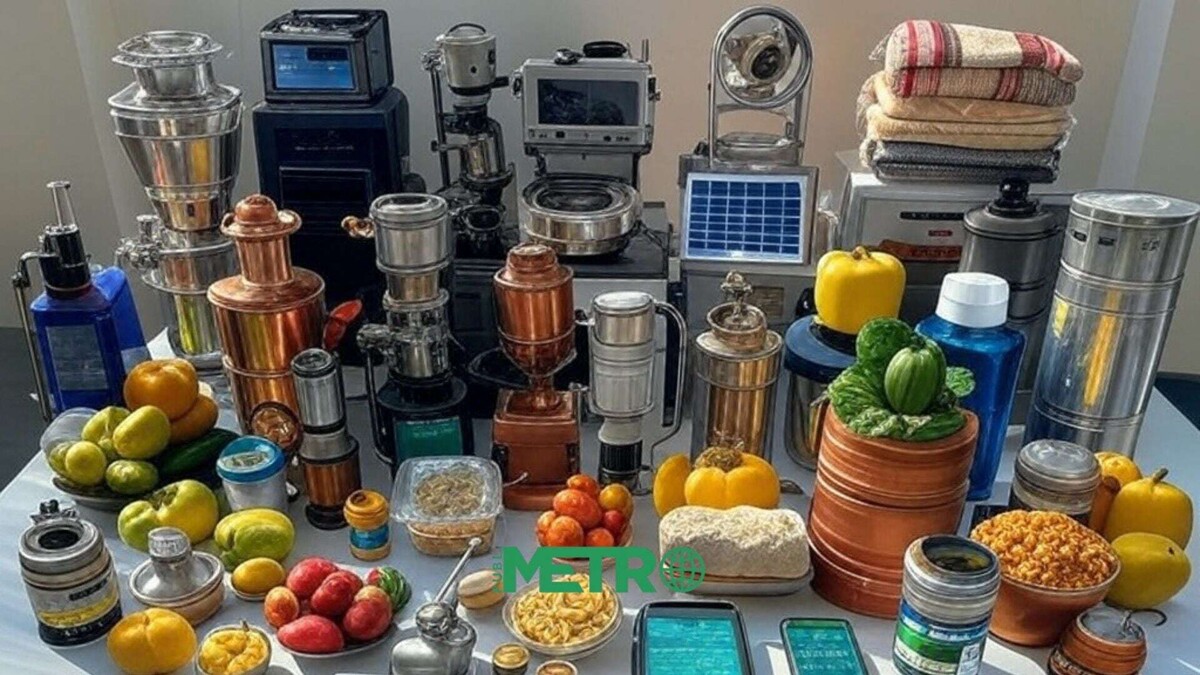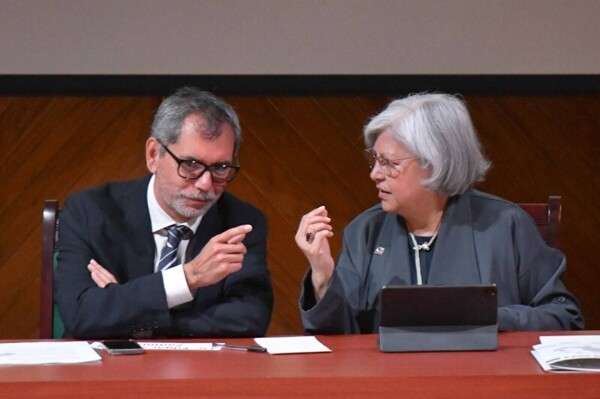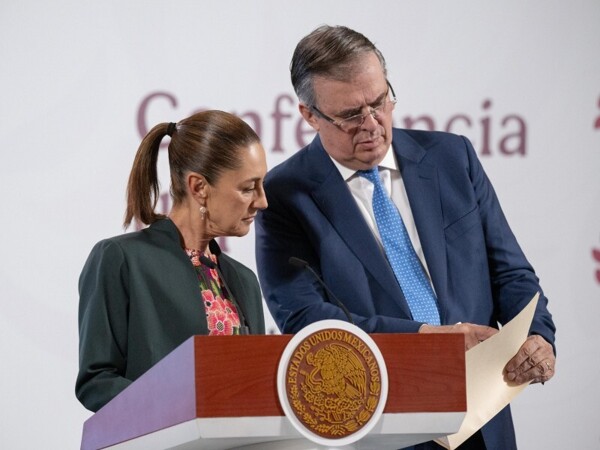
Hours before the telephone call between the President of Mexico, Claudia Sheinbaum, and her U.S. counterpart, Donald Trump, to discuss the issue of tariffs, U.S. Secretary of Commerce, Howard Lutnick, confirmed that the president would delay the taxes on products included in the trade agreement between Mexico, the United States, and Canada (T-MEC) for another month.
According to the U.S. media CNN, in an interview with CNBC, Lutnick assured that the tariffs on all products that comply with the T-MEC, known in the U.S. as the United States-Mexico-Canada Agreement (USMCA), will come into effect on April 2.
In the case of Mexico, this was also agreed upon during the call between Sheinbaum and Trump, as they reached an agreement on the tariff tax, as mentioned by the U.S. Secretary of Commerce, so products included in the T-MEC will be exempt.
According to the Ministry of Economy of the Government of Mexico, the T-MEC, also known as USMCA in English, is a trade agreement that replaces the North American Free Trade Agreement (NAFTA), covering a wide variety of products from different sectors.
These are the products that will be exempt according to the T-MEC:
**Agricultural Products**: - Grains and cereals: corn, wheat, rice, oats, barley. - Fruits and vegetables: tomatoes, avocados, berries, apples, grapes, carrots, cucumbers. - Meats and meat products: beef, pork, chicken, derived products such as sausages and processed meats. - Milk and dairy products: milk, cheese, cream. - Sugar and corn syrup. - Alcoholic beverages: beer and tequila.
**Industrial Products**: - Automobiles and automobile parts. - Electronics: computers, phones, televisions, and electronic devices. - Chemical and pharmaceutical products. - Machinery and industrial equipment. - Textile and clothing products.
The agreement also establishes rules regarding the trade of textile and apparel products, such as fabrics, clothing, and fashion products. Additionally, it covers energy products such as oil, natural gas, renewable energies (solar, wind, biogas, biofuel, hydroelectric), mining products, and metals (minerals, precious metals, copper, aluminum, steel) and financial services, telecommunications, and transportation products.














